Old wounds
Updated: 2014-09-24 07:24
By Xin Yi(China Daily)
|
||||||||
A new book based on Western media's coverage of the Battle of Jiawu sheds light on the anti-China feelings that many sought to promote. Xing Yi reports.
As the Chinese traditionally record history in cycles of 60 years, 2014 is of significance because it marks the 120th anniversary of the First Sino-Japanese War, known as the Battle of Jiawu in China.
Dozens of books have been published on the subject.
Written by Chinese scholars, novelists and military officials, these books provide analyses of the defeat of the Qing Dynasty (1644-1911) from a Chinese perspective. But Jiawu - Observations of the Western Press 120 Years Ago, published by Sanlian Joint Publishing Bookstore, has chosen an unusual angle, presenting the war as reported by Western newspapers.
The book translated more than 300 war-related news items, most of which were printed in 1894-95, from publications such as the now defunct European newspapers The Illustrated London News and Le Petit Journal, and Harper's Weekly of the United States.
Since most of the reports from which the book is drawn were either accompanied by pictures or were photo essays, the book gives readers a vivid picture of how the Western media presented the war to the world.
"We were surprised to discover the great interest in the West about the war, and how differently they saw it," says Tian Tong, a Beijing-based journalist and one of the book's main editors.
"In China, the Battle of Jiawu is considered an invasion. Yet little sympathy was found in those stories and pictures. Instead, China was portrayed as a closed state, with its people xenophobic and its officials overly bureaucratic. Japan was shown to be a more civilized country - strong in their military and caring of their soldiers."
The war was fought at sea, and the newspapers had engaged in a public perception battle to present their own versions of it to Western readers.
Despite some restrictions, Japan allowed foreign journalists to be embedded in their troops. They hired a New York Tribune journalist, Edward House, to be their media adviser, and organized many publicity campaigns.
In contrast, the Qing officials not only underestimated the power of the media, but also attempted to block the news of their failures on the battlegrounds.
One of the rare newspaper pieces Tian collected is the front page of the erstwhile The New York World from its edition dated Dec 20, 1894, which published a damning report by American journalist James Creelman on the Port Arthur Massacre carried out by the Japanese.
Port Lushun, known as Port Arthur at the time, is on the coast of Liaoning province in northeastern China.
"The struggle for the emancipation of Corea (Korea) is suddenly turned into a headlong, savage war of conquest. It is no longer a conflict between civilization and barbarism. Japan has dropped her mask and for the last four days she has trampled civilization under the feet of her conquering army," Creelman wrote in his lead story.
But the silence on the part of the Qing rulers on the massacre and Japanese efforts to bury the truth raised doubts about the credibility of the report and allowed Japan to be free from blame for at least some time.
Tian says: "These newspapers influenced Western society's opinion of Asia, and to some extent, Western decision-makers. That's one of the main reasons why we started this study."
The idea of compiling the news reports into a book first came to Tian when he was covering the 2012 London Olympics for a Chinese TV channel. As a collector of old newspapers, he found a bundle of The Illustrated London News that carried reports about China from the Qing Dynasty era when he was strolling down Portobello Road to take a look at London's famous antique market.
He brought back to China about 100 old British newspapers, and quickly found a group of friends who shared the same passion in unearthing reports of the war from such papers.
For the past two years, Tian and his friends rummaged through war-related news material from book dealers and universities. Besides English newspapers, they also bought French, Russian and Japanese ones from sellers of old publications.
"Studying the newspapers was like going back through a time tunnel," says Tian. "We are not historians, so we didn't provide any commentary in our book. We want readers to make their own conclusions."
Contact the writer at xingyi@chinadaily.com.cn
(China Daily 09/24/2014 page20)
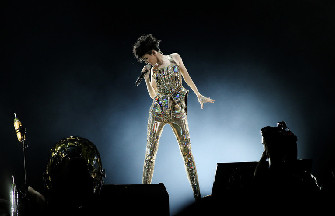
 Star Stefanie Sun holds concert in Beijing
Star Stefanie Sun holds concert in Beijing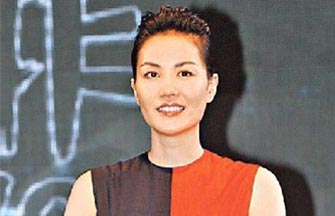
 Faye Wong's manager refutes star's drug rumors
Faye Wong's manager refutes star's drug rumors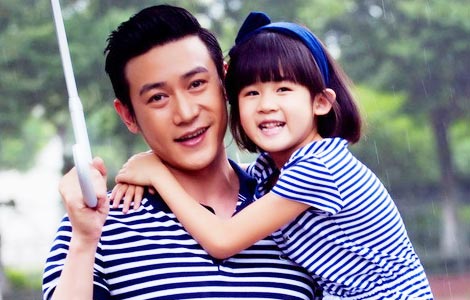
 Lu Yi and daughter Bei Er pose for street snaps
Lu Yi and daughter Bei Er pose for street snaps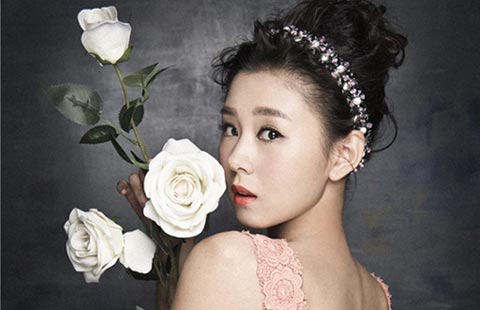
 Photoshoots of actress Li Xiaomeng
Photoshoots of actress Li Xiaomeng
 Council of Fashion Designers of America Awards
Council of Fashion Designers of America Awards
 Fan Bingbing, first Chinese actress in Barbie Hall of Fame
Fan Bingbing, first Chinese actress in Barbie Hall of Fame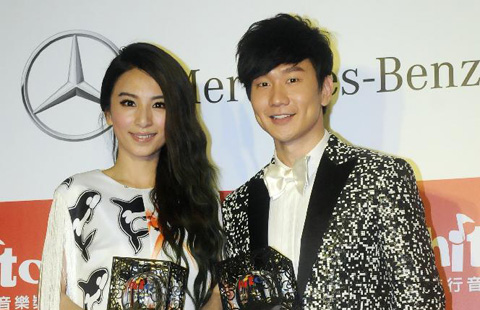
 Awarding ceremony of 2014 hito Pop Music held in Taipei
Awarding ceremony of 2014 hito Pop Music held in Taipei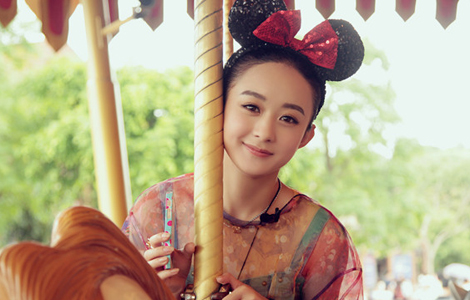
 Zhao Liying's photo shoot for Children's Day
Zhao Liying's photo shoot for Children's Day
Most Viewed
Editor's Picks

|

|

|

|

|

|
Today's Top News
Xi reassures HK on stability issue
Obama, Zhang meet at UN
China reaffirms resolve to fight climate change
VP calls for stronger China-EU climate cooperation
China's energy demand charted
CA, Guangdong boost ties
Shenzhen wins green city award
UN chief calls for intensified efforts on sustainable growth
US Weekly

|

|







